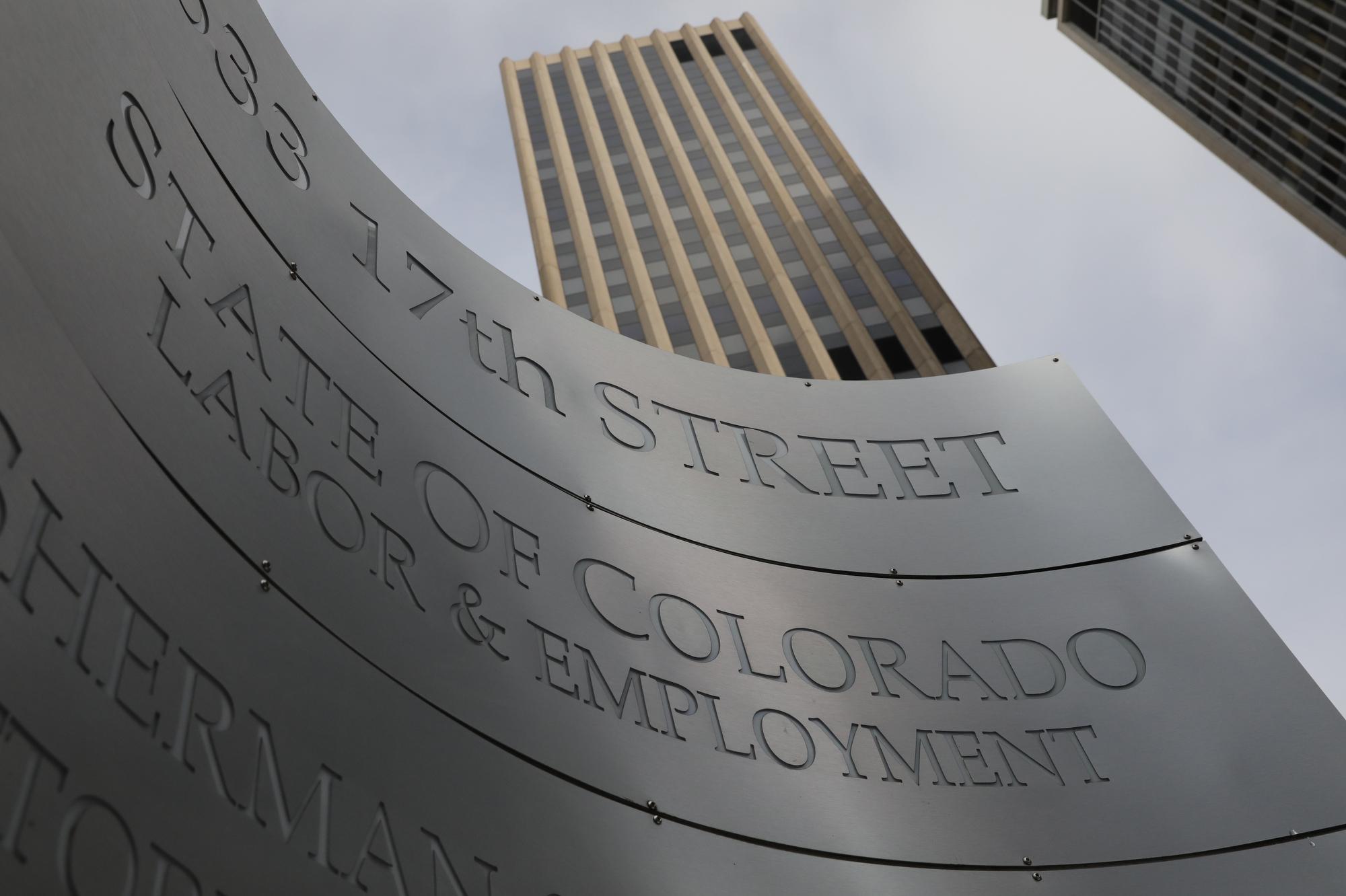
Federal unemployment benefits are set to expire in the week ending Sept. 4 — which will affect tens of thousands of Coloradans. Workers will no longer get the $300-a-week unemployment boost that’s been in place since early in the pandemic, and anyone who has received more than 26 weeks of benefits may be cut off entirely.
“The expiration date to these programs is fast approaching,” warned Joe Barela, executive director of the Colorado Department of Labor and Employment.
Here’s what will change:
- The $300-a-week unemployment boost will expire.
- Pandemic Unemployment Assistance will expire. The federal program has supported gig workers and self-employed people since May 2020.
- Pandemic Emergency Unemployment Compensation (PEUC) will expire. It had offered additional unemployment weeks for people whose normal benefits had expired.
The end result: Anyone who has run out of regular unemployment benefits — which are only available for 26 weeks — will no longer receive benefits after Sept. 4 in Colorado. The same goes for people on federal programs like PUA and PEUC.
About 85,000 people are currently enrolled in those soon-to-expire programs, making up about two-thirds of the unemployment rolls. And with no sign of further support coming from the federal government, CDLE is trying to help those people get back to work over the summer, Barela said.
Jobs still not back to normal
The state has regained about 79 percent of the jobs lost in the pandemic crash, making it the 12th fastest private-sector recovery in the U.S., according to CDLE economist Ryan Gedney. And more than 7,000 people have been paid the state’s back-to-work Jumpstart program, which offered cash payments to people who got jobs earlier this summer.
Meanwhile, the state is still working to clear problems and holds in the unemployment system while continuing to fight widespread attempts at fraud, Barela said.
Fraud protection updates
About 8,000 claims are still frozen despite clearing the ID.me authentication process. Roughly half of those await further investigation for suspected fraud, while the other half have other problems — for example, if the claimant said they weren’t ready or able to work.
In early August, the state will require people to start using multi-factor authentication on MyUI+ — meaning that when they log in to the service, they will also need to enter a code received via text message, email or an authenticator app.
At the same time, the state is also likely to get tougher on paying out certain claims. Throughout the pandemic, the department has paid out claims even while it tries to address potential concerns with them — a policy that has ensured people get paid faster, but which also means that problems are discovered only after payments start.
That was happening under an order from Gov. Jared Polis that is set to expire. When it expires, some new claimants could face a longer delay as the state examines their claims.









